-
Hajipur, Bihar, 844101
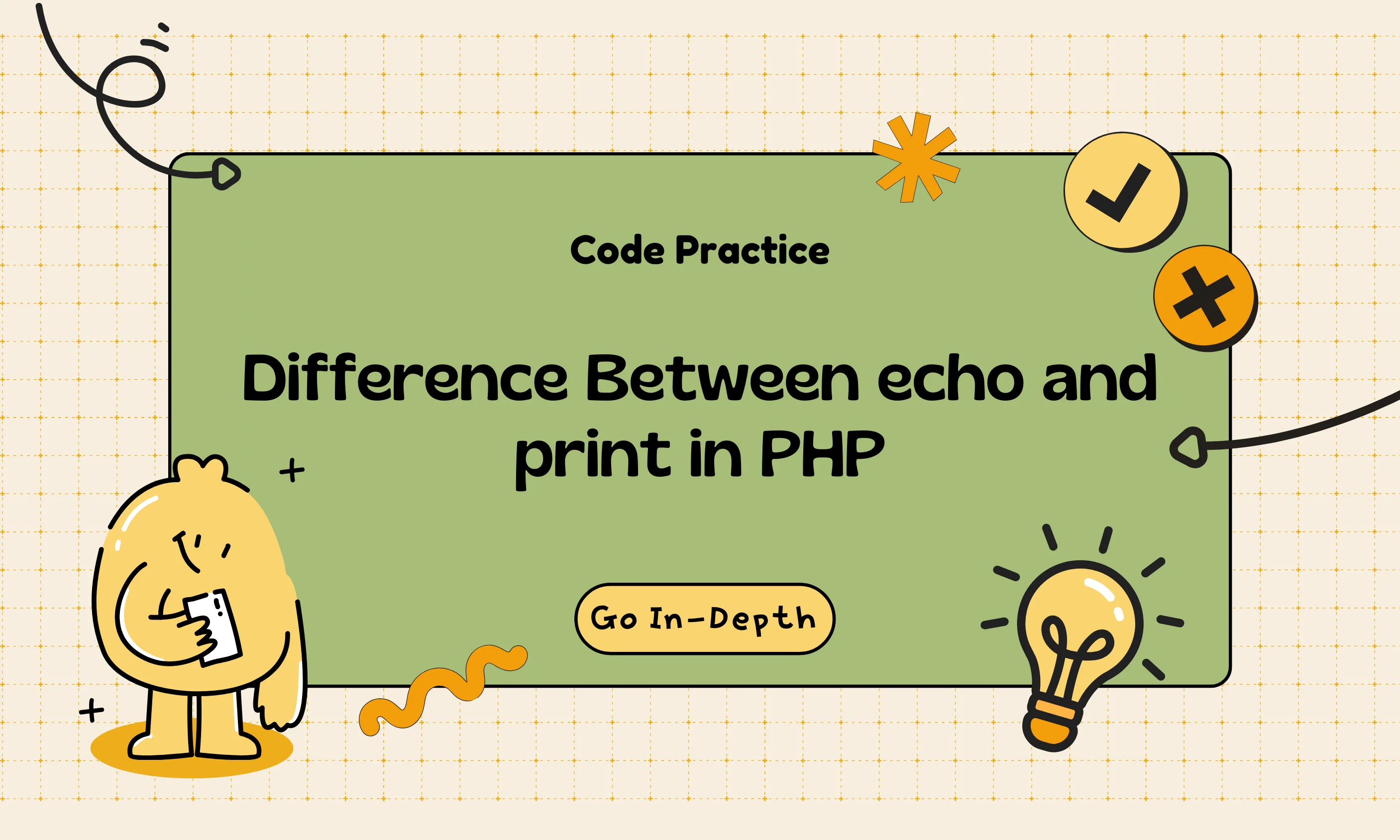
Difference Between echo and print in PHP
When you start learning PHP, one of the very first things you come across is how to display something on the screen. And the two most common ways to do this are using echo and print.
At first glance, both look the same:
<?php
echo "Hello, World!";
print "Hello, World!";
?>
Both lines will simply show Hello, World! in your browser.
So, you might wonder – Why does PHP have two ways to do the same thing?
And more importantly – What’s the difference between echo and print?
1. The Basics: What are echo and print?
-
echoandprintare both language constructs in PHP.-
This means they are built into the core of the language (not functions), so you don’t need parentheses like you do with functions.
-
-
Their primary purpose is to output text (strings), numbers, variables, or HTML to the browser.
Example:
<?php
$name = "Bikki";
echo "My name is $name";
print "I am learning PHP";
?>
Output:
My name is Bikki
I am learning PHP
So far, no difference. Both display text. But let’s go deeper.
2. Syntax Difference
The first noticeable difference is in their syntax flexibility.
echo Syntax
echo "Hello, World!";
echo("Hello, World!");
Both are valid, with or without parentheses. But in practice, developers mostly use it without parentheses.
And here’s something special: echo can take multiple parameters separated by commas.
echo "Hello ", "World", "!";
Output:
Hello World!
👉 This is something print cannot do.
print Syntax
print "Hello, World!";
print("Hello, World!");
Both with or without parentheses are allowed.
But print only accepts a single argument.
print "Hello ", "World"; // ❌ Error
So, if you need to output multiple values, you either concatenate them or use echo.
3. Return Value Difference
This is where things start to get interesting.
-
echo→ does not return anything (technically returns nothing). -
print→ always returns1.
Why does this matter?
Because it means you can use print inside expressions or assign its result to a variable, while echo cannot be used that way.
Example with print:
<?php
$result = print "Hello";
echo $result;
?>
Output:
Hello1
Explanation:
-
First,
print "Hello"outputs Hello. -
Then it returns
1, which gets stored in$result. -
Finally,
echo $resultprints1.
If you tried the same with echo, it would throw an error.
👉 This makes print slightly more powerful in certain scenarios, though it’s rarely used this way in real-world projects.
4. Speed and Performance
This question pops up a lot: Is echo faster than print?
The short answer: Yes, echo is a bit faster than print.
Why?
-
Because
echojust outputs the value. -
printoutputs the value and returns1, so it does a little extra work.
However – let’s be practical here. The performance difference is microscopic. You’ll never notice it in real-life projects. Whether you’re building a small PHP script or a huge e-commerce site, the difference is negligible.
But if you’re obsessed with micro-optimizations, echo is technically faster.
5. Usability in Real Life
Now, let’s think like developers. When would you actually use echo, and when print?
-
Use
echowhen:-
You just want to output something quickly.
-
You want to output multiple strings at once.
-
You care about writing cleaner and faster code.
-
-
Use
printwhen:-
You need to use the return value (very rare).
-
You prefer the function-like style in some expressions.
-
Example (practical):
<?php
$status = (print "Processing...") ? "Success" : "Failed";
echo $status;
?>
Output:
Processing...Success
Here, the ternary operator works because print returns 1.
This wouldn’t work with echo.
6. Multiple Arguments vs. Concatenation
This is one of the most practical differences.
With echo (multiple arguments allowed):
echo "My ", "name ", "is ", "Bikki.";
Output:
My name is Bikki.
With print (must use concatenation):
print "My " . "name " . "is " . "Bikki.";
Output:
My name is Bikki.
👉 Both give the same result, but echo feels easier when dealing with multiple outputs.
7. Error Handling and Behavior
-
echo: If you mistakenly give it multiple arguments with parentheses, it throws an error.
echo("Hello", "World"); // ❌ Error
-
print: Doesn’t allow multiple arguments at all, so no confusion.
8. Fun Fact: echo is not a function
Many beginners think echo() is a function because of the parentheses. But it’s actually a language construct.
That’s why you can use it without parentheses:
echo "Hello";
Same with print:
print "Hello";
But the confusion is understandable because functions in PHP also use parentheses.
9. Which One Should You Use?
Here’s the truth: Most developers just use echo.
Why?
-
It’s shorter.
-
It can output multiple things at once.
-
It’s slightly faster.
-
It’s more common, so your code looks familiar to others.
print is still useful for very specific cases, but in modern PHP development, it’s rarely preferred.
So, if you’re just starting out – stick with echo.
10. Comparison Between echo and print
11. Real-World Example
Imagine you’re building a small blog in PHP and you want to display a title, author, and date.
Using echo:
<?php
$title = "Difference Between echo and print in PHP";
$author = "Bikki";
$date = "August 20, 2025";
echo "<h1>", $title, "</h1>";
echo "<p>By ", $author, " on ", $date, "</p>";
?>
Using print:
<?php
$title = "Difference Between echo and print in PHP";
$author = "Bikki";
$date = "August 20, 2025";
print "<h1>" . $title . "</h1>";
print "<p>By " . $author . " on " . $date . "</p>";
?>
Both will output the same result in the browser.
But echo looks cleaner and requires fewer dots (.) for concatenation.
12. Common Mistakes Beginners Make
-
Thinking echo is a function
-
It’s not. So don’t overuse parentheses unnecessarily.
-
-
Using print for multiple arguments
-
print "A", "B";→ ❌ Wrong.
-
-
Confusing echo speed with performance bottlenecks
-
Your website won’t magically become faster just because you use
echoeverywhere. Real performance comes from database queries, caching, and server optimization.
-
13. Conclusion
The difference between echo and print in PHP is subtle but worth understanding:
-
echo → No return value, multiple arguments allowed, slightly faster.
-
print → Returns
1, only one argument allowed, slightly slower.
At the end of the day, both do the same job: printing stuff on the screen.
If you’re a beginner, don’t overthink it. Use echo by default, and keep print in your toolbox for when you specifically need its return value.
Think of it like this:
-
echois your everyday reliable workhorse. -
printis the specialized tool you only use occasionally.
Frequently Asked Questions (FAQs)
Q1: What is the difference between echo and print in PHP?
The main difference is that echo does not return a value and can take multiple arguments, while print always returns 1 and can only take one argument.
Q2: Which is better: echo or print in PHP?
Most developers prefer echo because it’s faster, more flexible, and widely used. print is only useful when you specifically need its return value in an expression.
Q3: Is echo faster than print in PHP?
Yes, echo is slightly faster because it doesn’t return anything. However, the performance difference is very small and usually not noticeable in real-world projects.
Q4: Can echo and print be used interchangeably in PHP?
Yes, in most cases you can use them interchangeably because both output data to the screen. The difference only matters when you need multiple arguments (use echo) or a return value (use print).
Q5: Why does PHP have both echo and print?
PHP includes both for historical and flexibility reasons. Some developers like the simplicity of echo, while others prefer print when a return value is needed in conditional expressions.
Hi, I’m Bikki Singh, a website developer and coding language trainer. I’ve been working on web projects and teaching programming for the past few years, and through CodePractice.in I share what I’ve learned. My focus is on making coding simple and practical, whether it’s web development, Python, PHP, MySQL, C, C++, Java, or front-end basics like HTML, CSS, and JavaScript. I enjoy breaking down complex topics into easy steps so learners can actually apply them in real projects.
Related Blogs

31 December 2025
Daily Coding Practice Routine for Beginners That Actually Works in 2026
Tired of tutorial hell? Master this daily coding practice routine for beginners. Learn how to stay consistent, how many hours to code daily, and get a roadmap.

08 January 2026
How Much Coding Practice Is Enough to Get a Job? The 2026 Roadmap to Mastery
Stuck in tutorial hell? Learn the exact coding practice schedule for beginners to get job-ready. Master DSA, system design, and AI-assisted coding in 2026.

03 January 2026
Why Most Beginners Fail in Coding (And How to Avoid It)
Don't let AI assistants and bad habits kill your career. Learn the 5 reasons beginners quit coding and how to master problem decomposition to finally get hired.

30 September 2025
Best Python Libraries for AI and Machine Learning in 2025
Explore the top Python libraries for AI and machine learning in 2025. Learn their features, use cases, and why they matter for beginners and experts.

18 December 2025
Coding Practice Roadmap for College Students: Learn Programming Step by Step
Step-by-step coding roadmap for college students: Practice programming daily, master data structures and algorithms, complete projects, and get placement-ready.

15 September 2025
Bootstrap vs Tailwind in 2025: Which CSS Framework Should Developers Choose?
Bootstrap vs Tailwind in 2025: Compare coding examples, pros and cons, performance, and real-world use cases to pick the best CSS framework for your project.

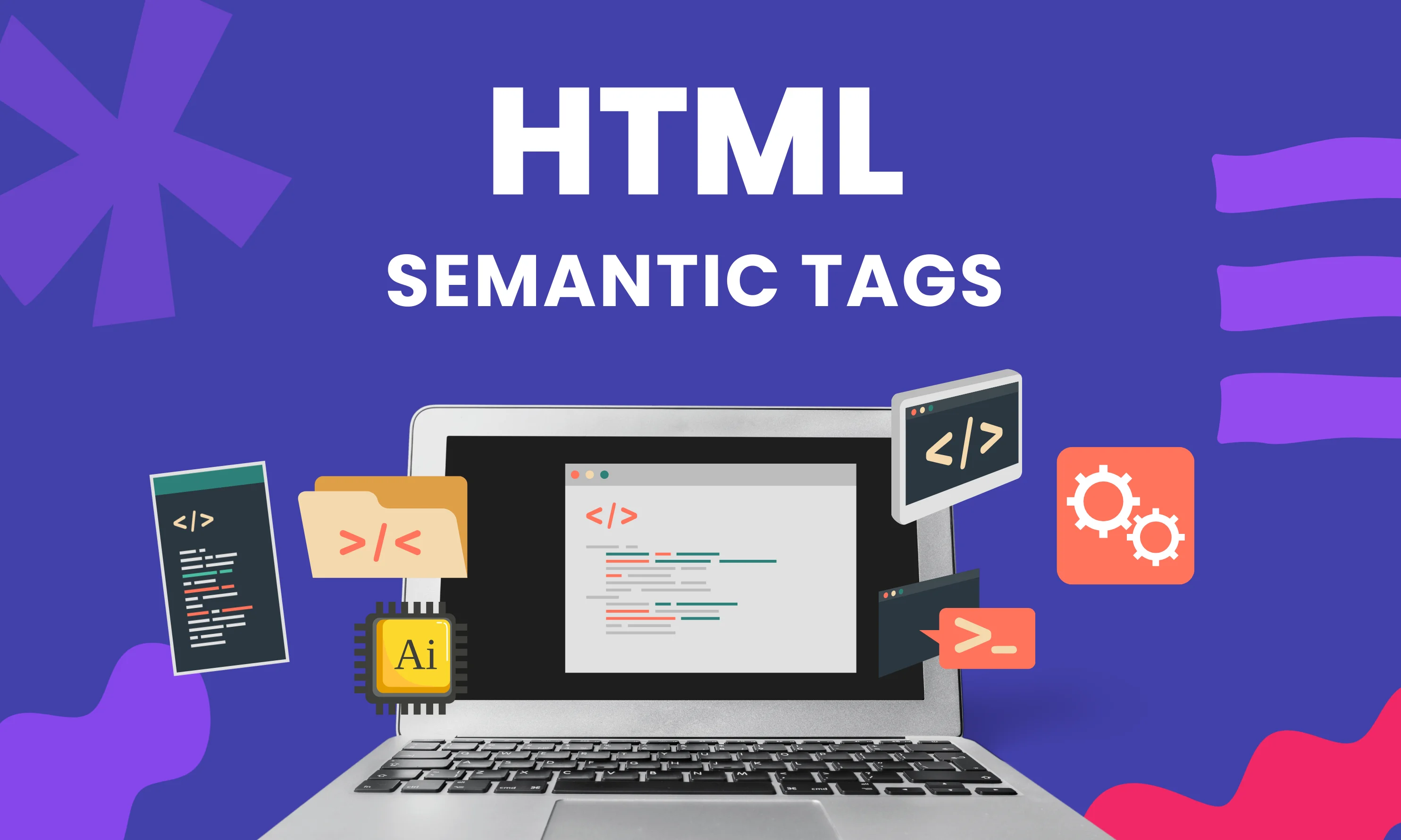
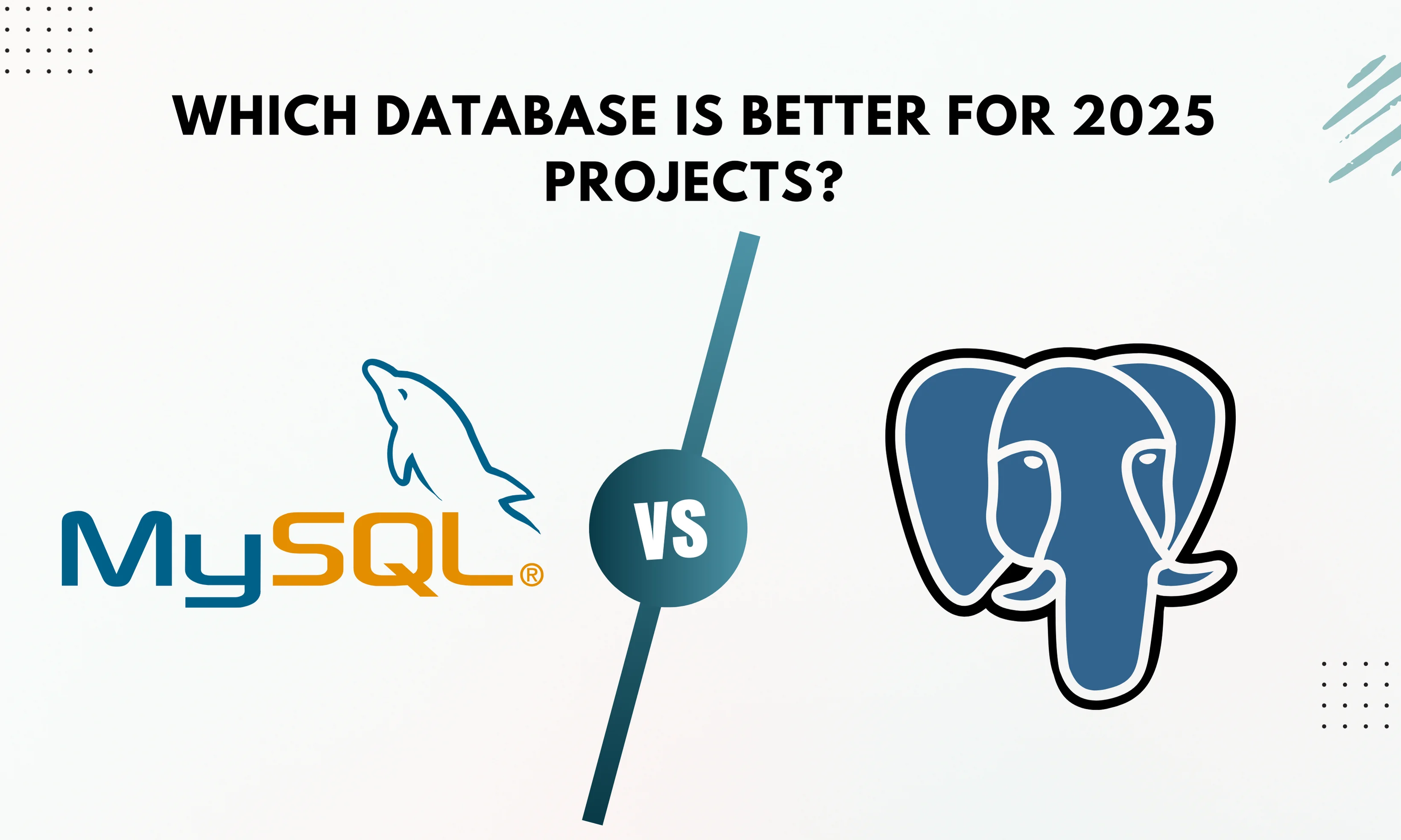
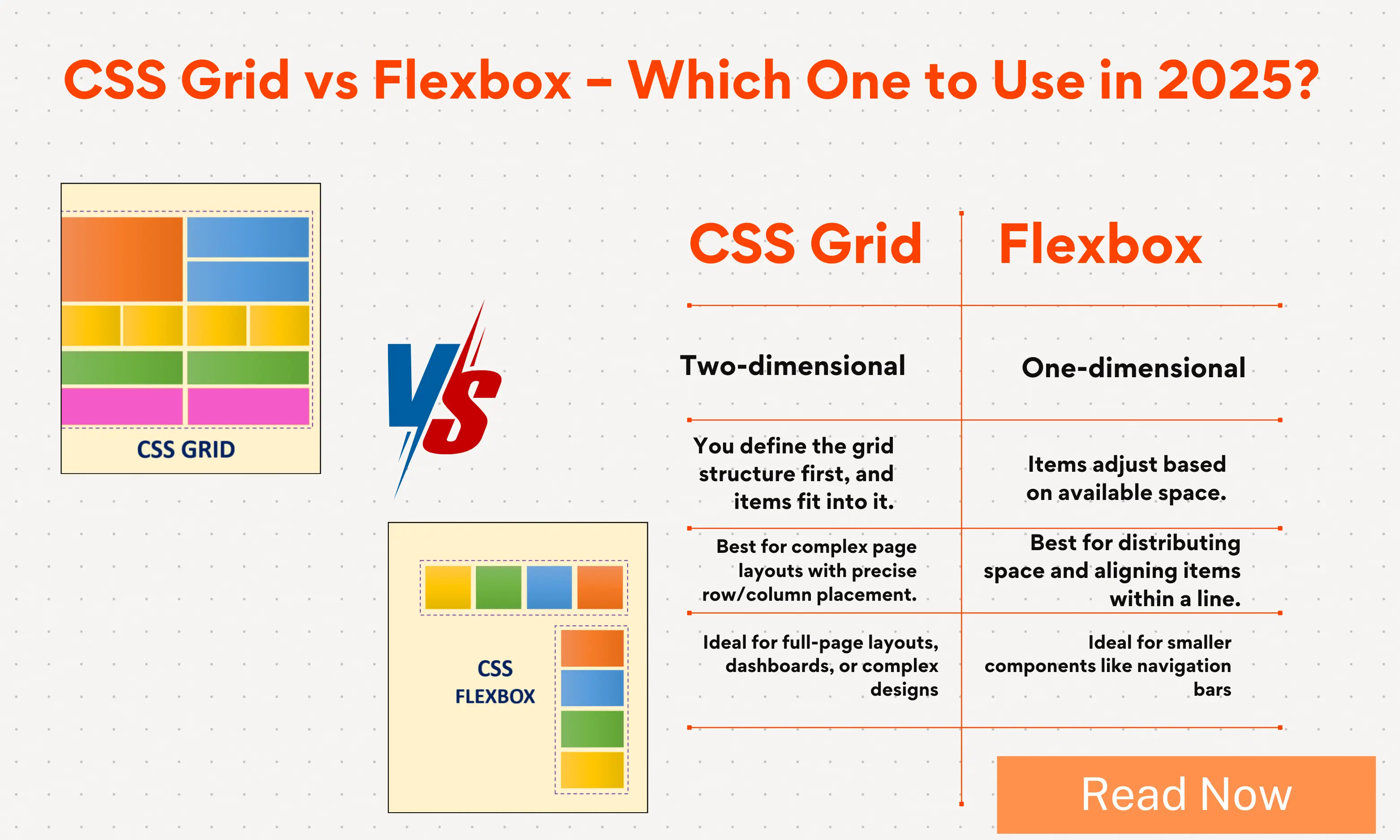
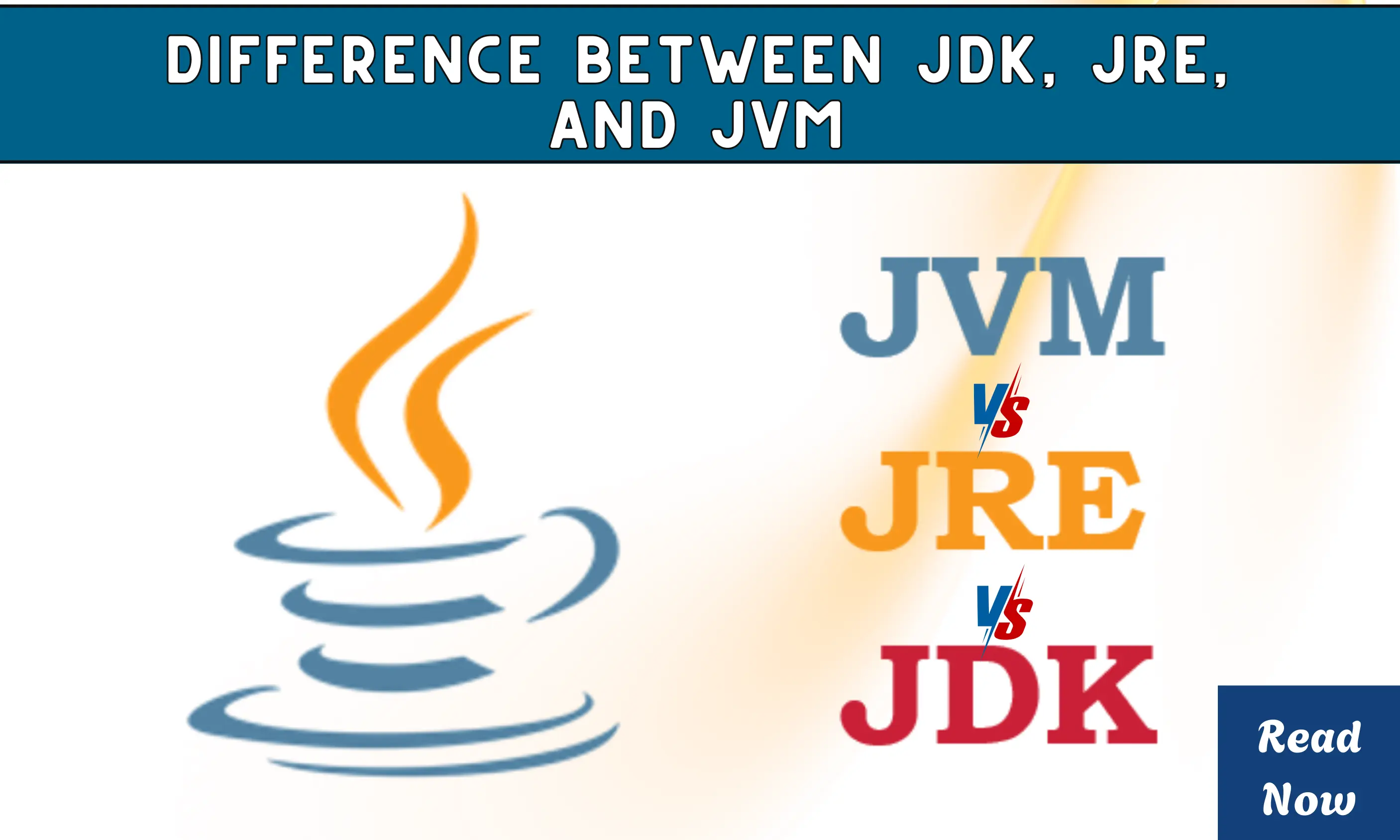


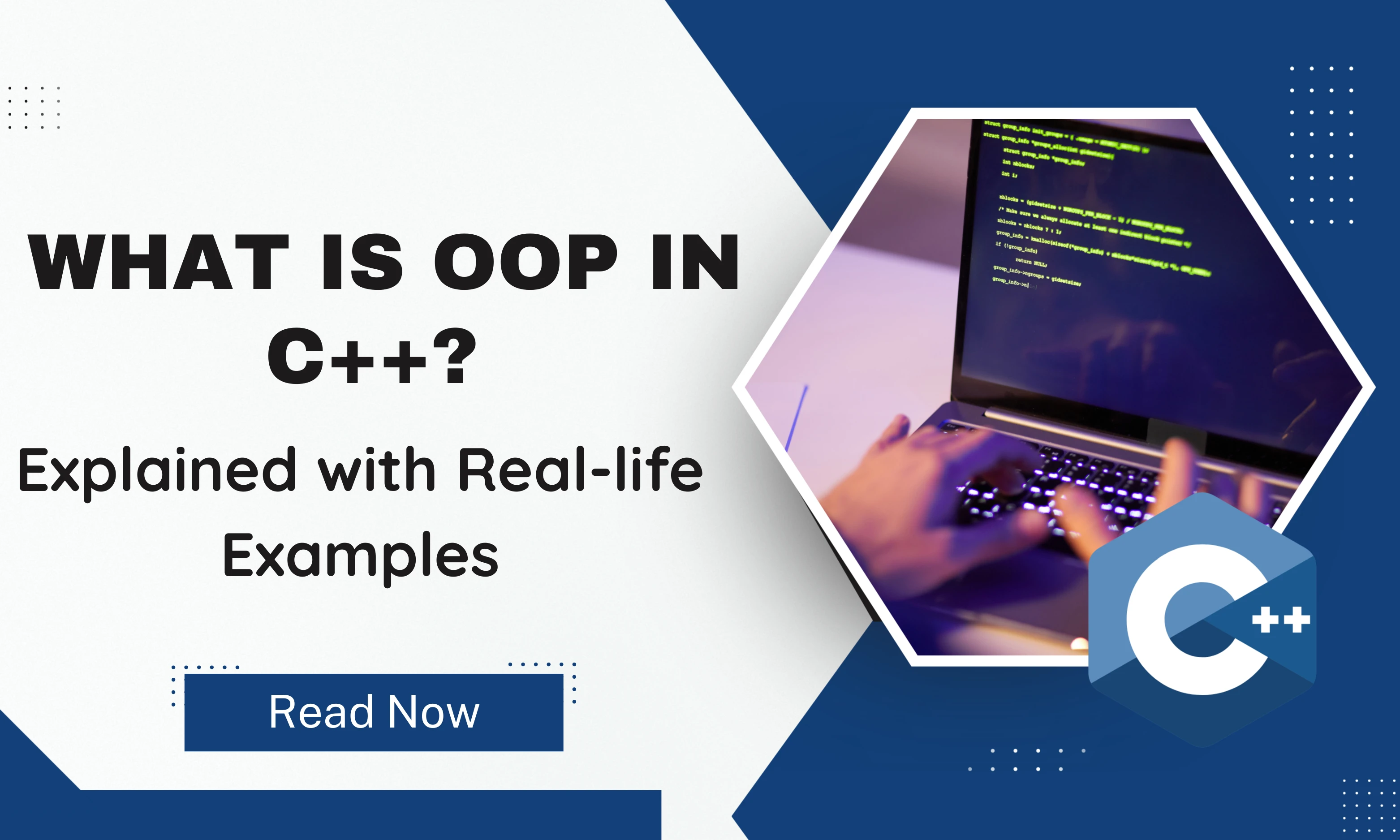
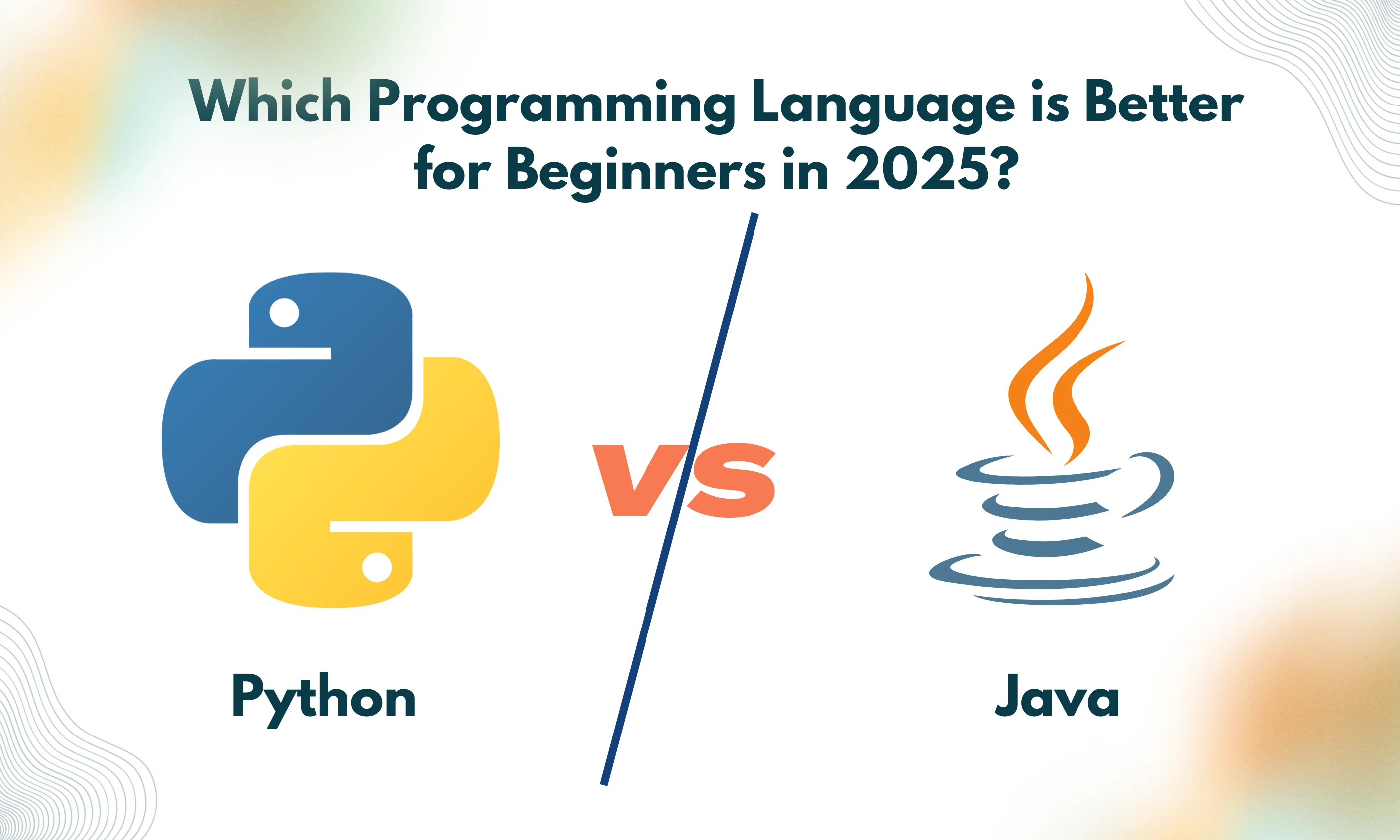

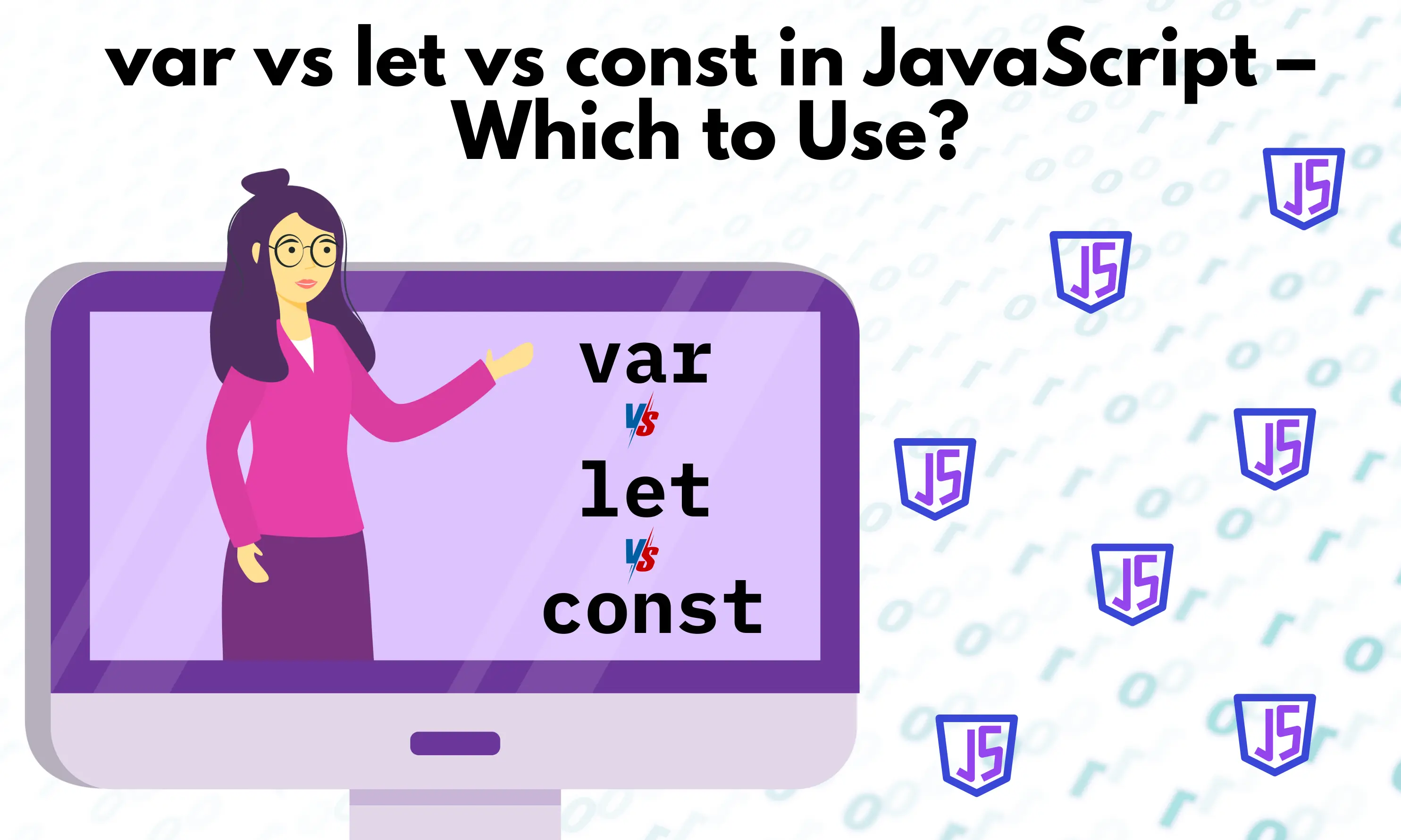
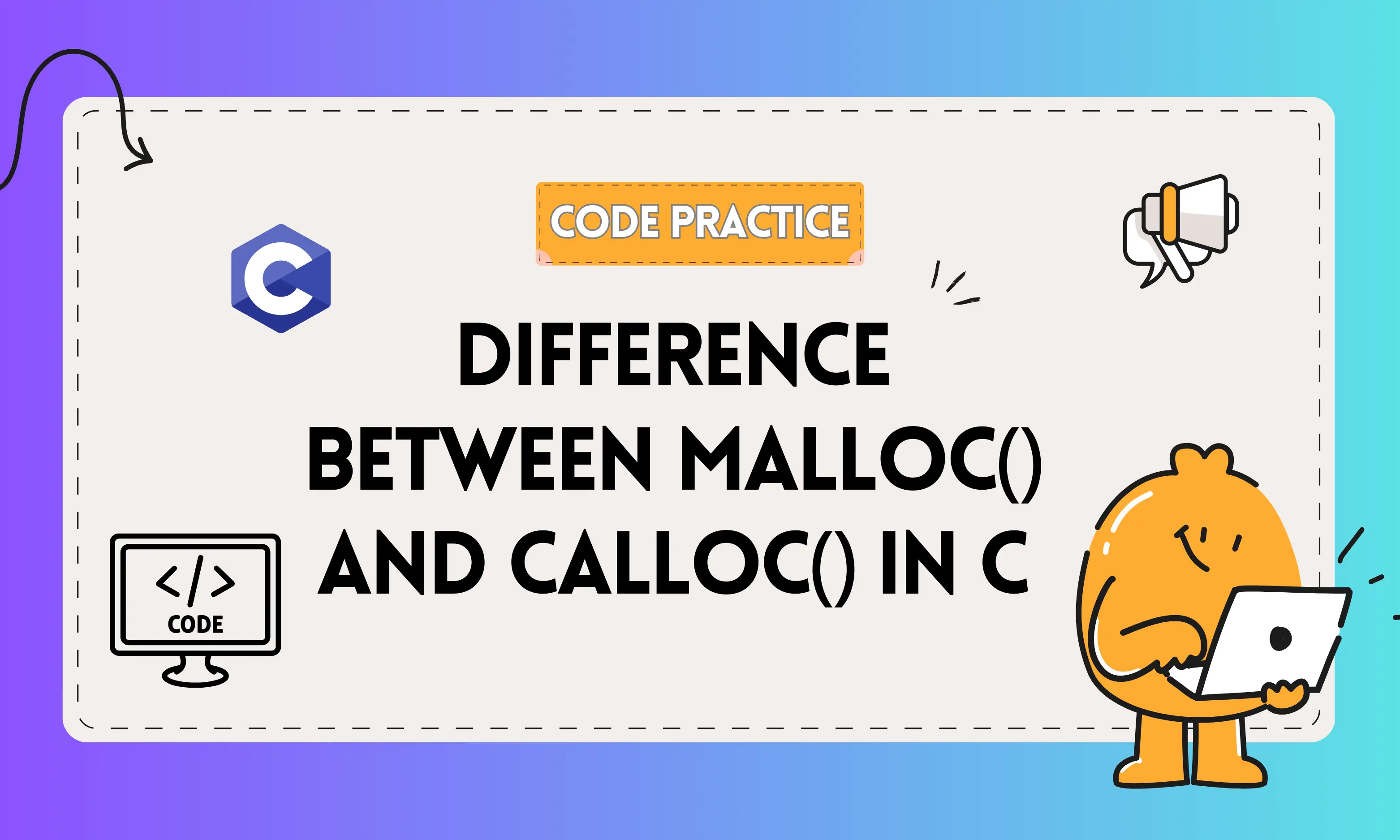


Submit Your Reviews